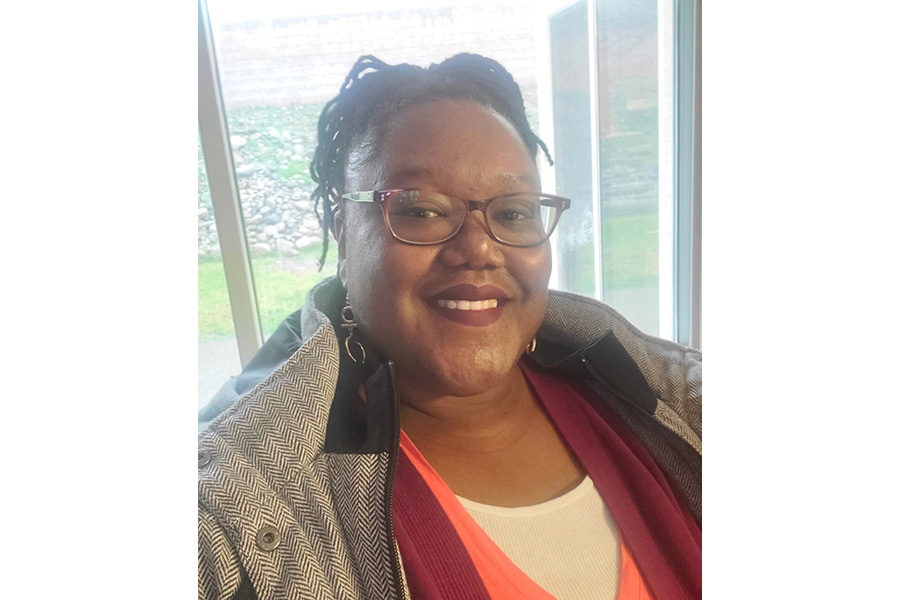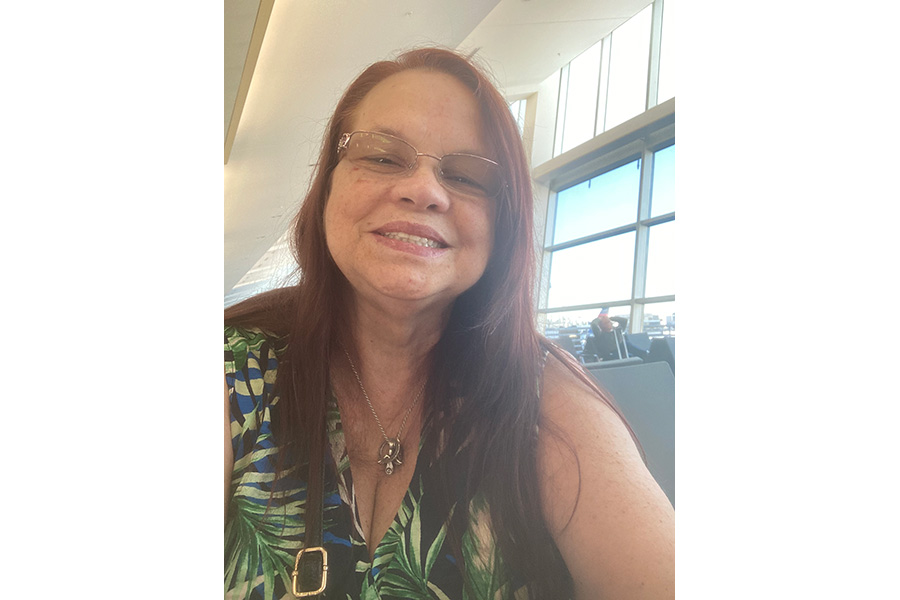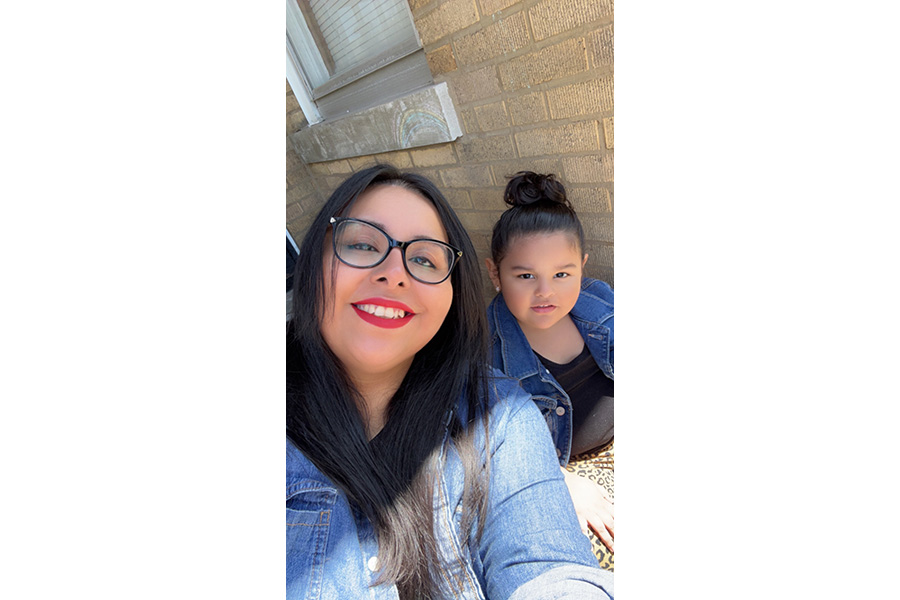This is a question that many parents struggle with once they receive an ADHD, Autism or Anxiety diagnosis for their child. For some parents, it is out of the question. For some, they are open to the idea, while others may want more than just medication.
What is the ‘right’ thing to do? Is there a ‘right’ thing? The answer, unfortunately or fortunately, is no. There are several variables to consider when deciding the appropriate course of treatment for your child and your family, as this decision is a family affair.
What is the impact on my child’s daily functioning?
This question refers to how much your child is affected by poor focus, hyperactivity or impulsivity, anxiety, difficulty with transitioning, going to school each day, and ability to participate in daily routines, etc. That is, is your child able to establish and maintain friendships? Is your child able to take in class lessons and learn? Is your child distracting himself or others in the classroom? Is your child able to get to school each day? Is your child able to transition from home to school? From school to activities? Is your child able to complete homework? Is your child able to participate in leisure activities such as birthday parties or family gatherings?
Is your child able to participate in a family dinner at home by remaining seated and following a conversation? Are you able, as a family, to go out for dinner, to the mall, to the movies? Is your child able to play with another child in their home without breaking things/toys? Is your child clumsy or accident prone?
Your decision will be based on how severe the level of impact is on your child’s ability to participate in daily activities and events as an individual, and for you as a family.
Are there other strategies I can use before trying medication?
Yes, of course there are. You can begin to implement behavioral strategies, routines, boundaries and consistency from day to day. For example, you may create a space for your child to complete homework that is not at the kitchen table, as your kitchen is likely the Grand Central Station of your house, as it is in many. It is also helpful to implement a no phone or IPOD/IPAD rule in your house while homework is being completed. You can create a visual schedule of morning, after school and bedtime routines. You can also create a list of household rules and consequences and make sure to implement consequences consistently using a calm demeanor. You may want to implement a ‘quiet time’ each night that is electronic free where your child and family can begin to wind down and decompress before bed time.
You, the parent(s), are also part of the treatment. Parents often find it helpful to work with a therapist for Parent Coaching to prioritize areas of need within the home and assist parents in maintaining a consistent parenting style and finding the strategies specific to their home. If you are an organized person who is able to begin and complete a task without hesitation, you are likely going to struggle in understanding why your child just can’t sit down and complete 3 math problems, or why she just can’t go to school and work through her fears. I’ve seen many parents become frustrated despite being very sympathetic towards their child. However, by providing you, the parent, with small short-term goals for your child and for you as a family, you will experience success as a whole and work towards finding a balance between what your child needs to succeed and what your family needs to function.
Executive Functioning Coaching is another form of support for you and your child where a therapist can offer strategies to help with organization, prioritization, homework completion, scheduling and more. Work is done with the child and parent to identify learning style, natural tendencies and preferences in order to help the student develop self-awareness and ultimately internalize the strategies that work. The goal is to develop a sense of accountability as well as confidence for the student.
There are many strategies to choose from, but the ones that you’ll be implementing will be based on the areas of need for your child and for you as a family. Start small and expand the behavioral expectation as your child is experiencing success.
What types of medications are out there?
Do your research. Ask questions. If you are interested in trying medication, do so for 2-3 months duration. Don’t go based on your observations alone, but ask others to help you see if there is an improvement. For example, get your cub scout leader, your soccer coach, your child’s teacher(s) to offer their feedback. Also, ask your child about his experience.
You can consult with your pediatrician, a neurologist, a developmental pediatrician or psychiatrist regarding medication classes that are helpful and will address your child’s most difficult symptoms that are interfering with functioning and lowering quality of life for your child and for your family. Many physicians are now using genetic testing to help identify classes of medications that are in sync with your child’s unique neurochemistry. This is helpful information and can take away the trial-and-error nature of prescribing medication.
Another key point I want to make here is that medication is only one form of treatment, but it doesn’t teach your child the skills that he needs to succeed in life. Even though you may be facing pressure from your child’s teacher or Child Study Team Case Manager to start a course of medication to help manage inattention, hyperactivity or impulsivity, or anxiety, the medication alone will not help your child to organize school materials or manage time or feel less distressed about school work, the classroom, or social interactions.
Deciding whether or not to give your child medication is a tough one. Ask yourself the questions listed above and answer honestly. Whatever your decision for your child’s treatment, keep in mind that no decision is final. If you so choose to try medication, you can decide to come off of it if you feel that it isn’t working. You can also take a ‘holiday’ where you don’t give your child medication on weekends or during school breaks. You may also wish to pursue behavioral modification strategies with the help of a Psychologist or ADHD Coach, with or without medication.
Whichever course of treatment you choose, you will need to assess and re-assess and re-assess again continuously as your child’s academic and social needs will change, as well as physiological changes. Don’t do this alone – work closely with a Psychologist or ADHD Coach to help you make those decisions along the way.
Dr. Liz Matheis is a licensed Clinical Psychologist and certified School Psychologist who specializes in working with children with ADHD, Anxiety, Autism, Learning Disabilities, and behavioral struggles. She is also mom to three children, one with special needs. Her practice, Psychological and Education Consulting, is located in Livingston, New Jersey.
For More Articles and Videos Related to PTSD and Parenting Children with Special Needs:
- Can the Stress of Raising a Child with PTSD Result in a Parent with PTSD?
- Help for PTSD in Parents of Children with Special Needs
- PTSD in Parents of Children with Special Needs: How I Deal
- Recorded Webinar: Managing Stress as the Parent of a Child with Special Needs Video
- The Spoon Theory for Parents of Children with Special Needs















